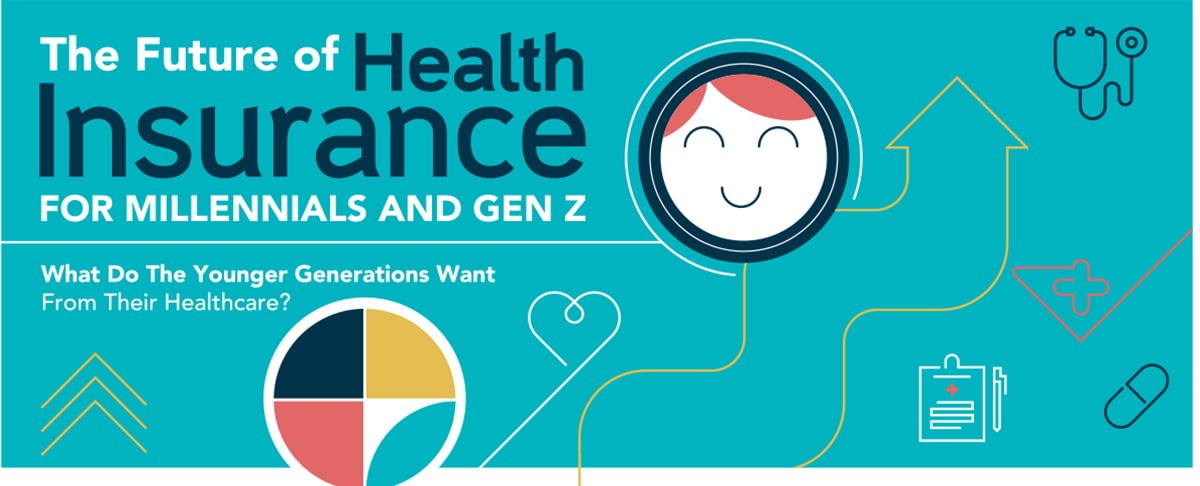Health insurance has been associated with jobs since the middle of the last century, but as work changes people are looking for newer and better options. In just a few years more than half of Americans will be involved in some sort of nontraditional employment, eschewing the protections that go along with such arrangements, from retirement contributions to health insurance and even the basic protections that go along with full-time employment. It’s time for the system and in particular primary care to adapt to reflect the changing economy and jobs market.
Millennials And Gen Z Have A Different Relationship With Medical Care
Q3 2019 hedge fund letters, conferences and more
Whereas Baby Boomers and Gen Xers are heavily reliant on their primary care physicians and medical providers to coordinate their care, Millennials use primary care doctors much less. Millennials are also more likely to ask for cost estimates up front, but only about half of estimates are accurate. This is one of the reasons lawmakers from both sides of the aisle are starting to talk about legislation that would require up-front pricing at hospitals and doctor’s offices - the ‘surprise medical bills’ legislation has garnered high bipartisan support despite pushback from some hospitals and medical providers. It would effectively give people the information they need to seek medical attention somewhere where it wouldn’t potentially bankrupt them - currently whether medical facilities or providers are in or out of network is proving to be a poor indicator of end costs.
Millennials and Gen Z want and need greater flexibility in their work relationship with benefits. Millennials and Gen Z are working more than they Boomer counterparts were at their age oftentimes, but today’s work relationships come without the benefits expected by the older generations. This often leaves younger generations in a pinch when it comes to getting affordable health insurance.
Millennials Expect Better Primary Care Options
Millennials want to know what they are getting ahead of time. 76% want to know their doctor is good before making that first appointment, 74% want to be able to make appointments online, and 47% have changed providers because of poor customer service. Younger generations are also more likely to change healthcare plans because of poor service or not being able to go to a provider they like, and 37% have left an insurance provider because they didn’t feel the representatives were competent.
Younger generations want transparency, excellent customer service, and individualized plans when it comes time to plunk down sometimes a third of their income on health insurance. Learn more about how the insurance industry needs to adapt to changing expectations below.




